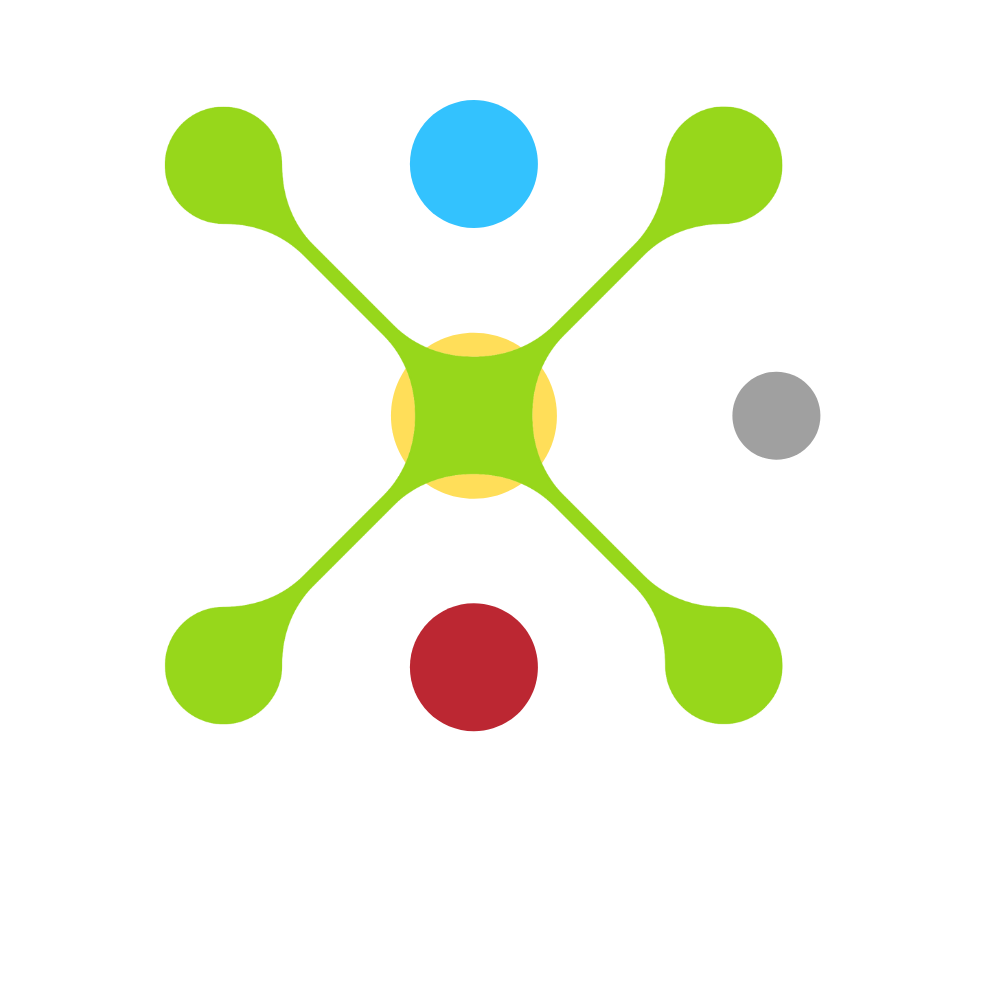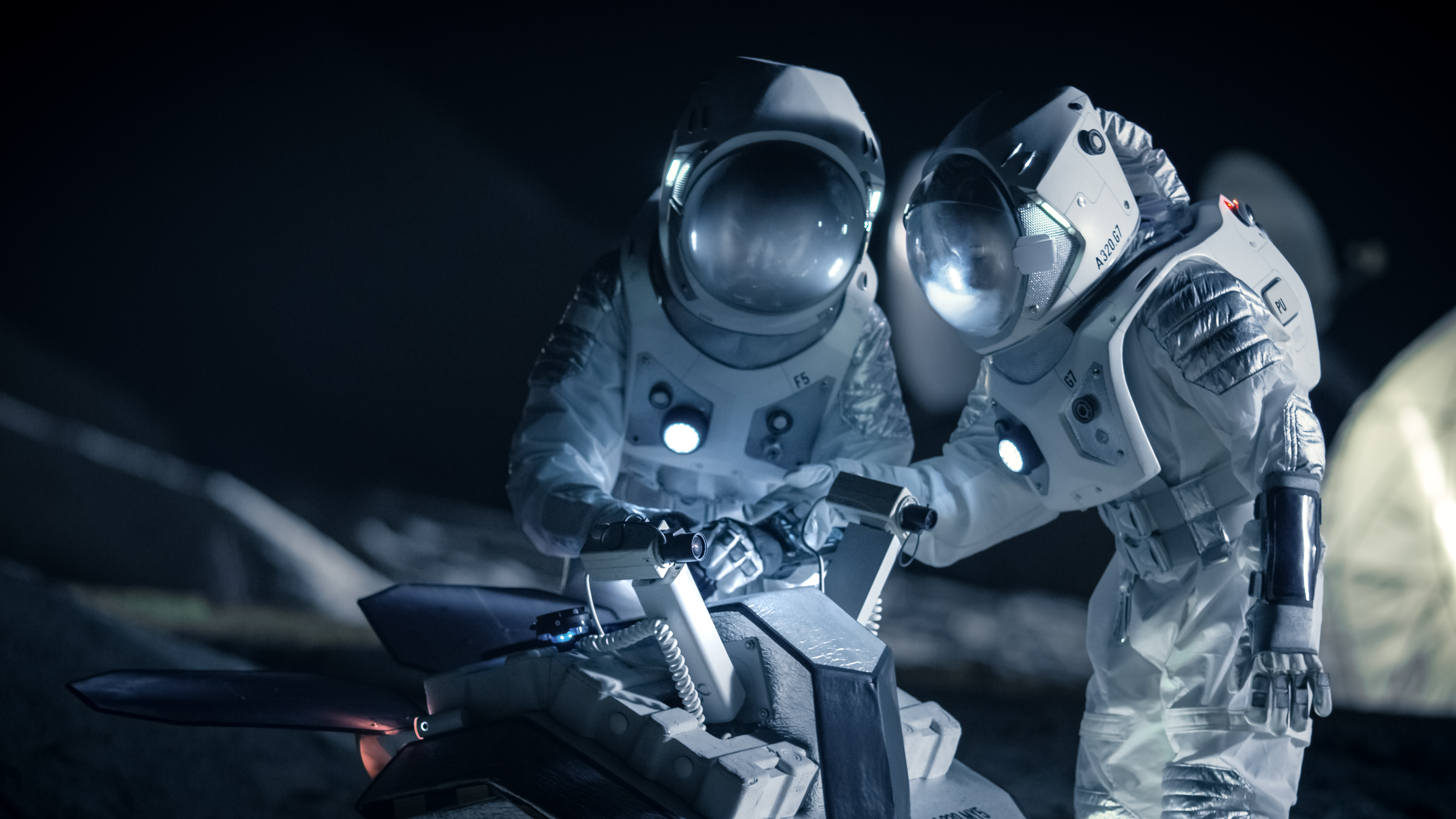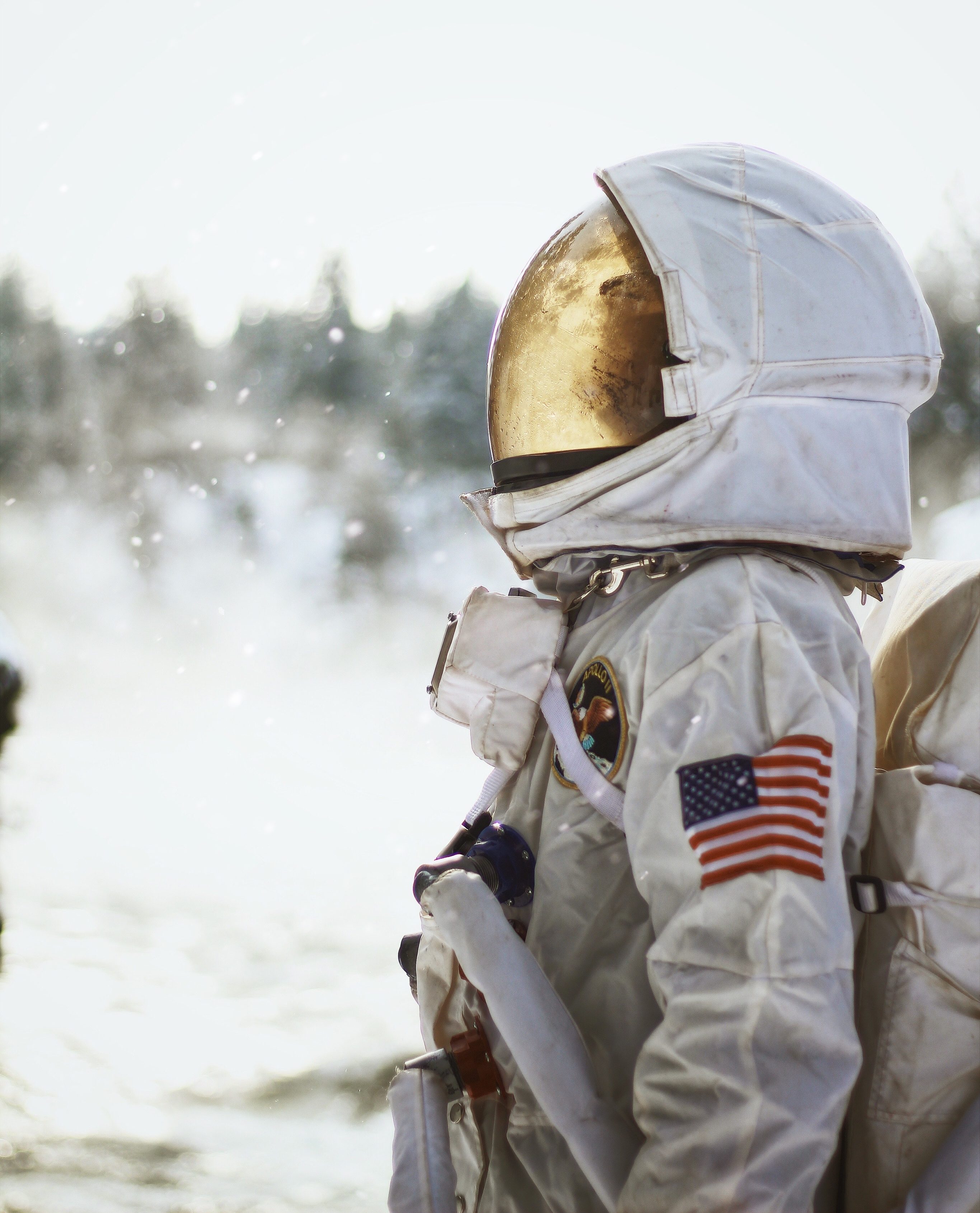
2025: THE HUMAN IS THE LOOP
We develop behavioral technology that enables and empowers humans to best manage themselves, in harsh and isolated environments, to assure health, safety, and individual & group success.
The final frontier starts with space, the ends of the earth that are beyond easy reach. But that is not where the challenge lies. It lies in the space between our ears. A place where we can go anywhere, feel anything, think anything. That is where we work . . . in that space where the success of any endeavor rests in the realm of the mind.

We push humans to be the best version of themselves when they are in the most extreme situations.
#HumanEverywhere
WHAT WE DO
Deep Space Predictive Research Group develops behavioral technology to help humanity reach its farthest goals. We seek to understand the core of human decision making for performance optimization. Through responsible and principled artificial intelligence, we enable human-computer partnerships to flourish.
Understanding the role that emotions play in our decision making allows us to create avenues to allow individuals and teams to work and thrive in unusual conditions, to manage that emotion, especially negative emotions that may lead to psychological breaking points. We want to give people the tools they need to navigate through that emotional turmoil so that they do not end up broken. We are working on creating algorithms to predict psychological breaking points.
We sequence one’s Psychological DNA™ to develop the ideal environment for individual and team mission success. We realize that this is super ambitious, but there are many useful steps along the way that we can apply to everyday living.
The power of machine learning, artificial intelligence creates a support system of intelligence augmentation supports human agency and autonomy.
We create psychological safety for those individuals who put their lives on the line for our safety and well-being and those that are going to move humanity forward. We want them to be able to perform and thrive with their humanity intact.

THE RIGHT STUFF?
THE PERFECT CREW
MORE THAN MACHINERY
THE UNKNOWN
FUTURE PROOF
The Great Unknown
The Perfect Conditions
Russian cosmonaut Valery Ryumin says succinctly, “All the conditions necessary for murder are met if you shut two men in a cabin and leave them together for two months.”
The Hardest Part of Any Mission
As we prepare for the mission to Mars, many have participated in analog studies. “In 1959, the unknown system was the machine… In 2019, the unknown system is the human mind… The challenge in getting to Mars is not the machine, it is the humans.”
Richard Addante, ‘Crew Member Experiences in Analog Mission Studies’ presented at NASA HRP IWS 25/01/2019
The Longer the Journey, the Greater the Risk
HUMAN SUPPORT TOOLS
Psychological DNA™ Sequencing
-
Psychological DNA™ Sequencing
-
Personalized Performance Monitoring
Integrative Behavioral Technologies for ICE type activities and missions
-
Team Psychological DNA™ Sequencing
-
Customized Training for autonomous mission support
- Intelligent Augmentation to support human and mission autonomy
Team Cohesion Assessments
-
Extreme Teams
-
High-Performance Teams
-
High Risk team engagements

Alires Almon
CEO

Jason D. Batt, Ph.D.
COO / Researcher

UB Ciminieri
Strategy Officer

Mark Kettles
Program Officer
